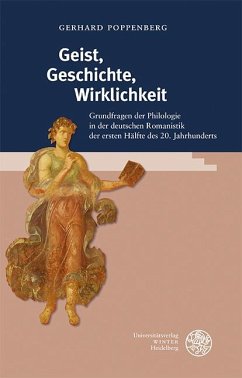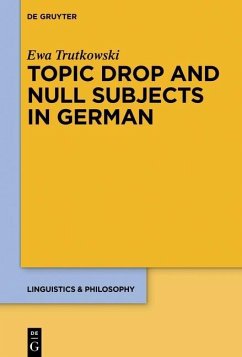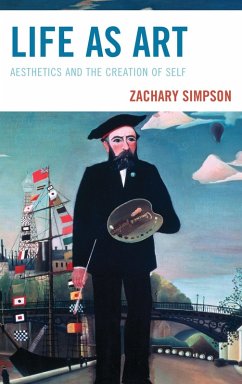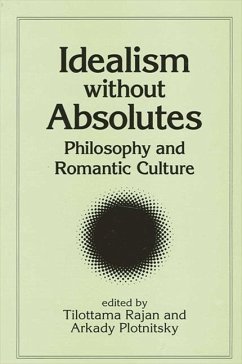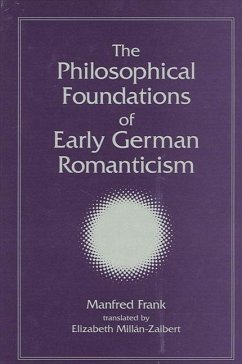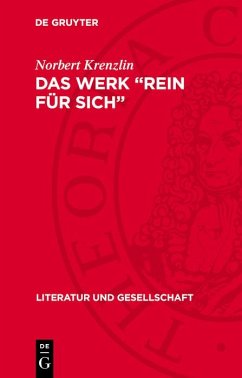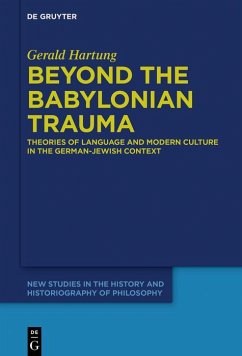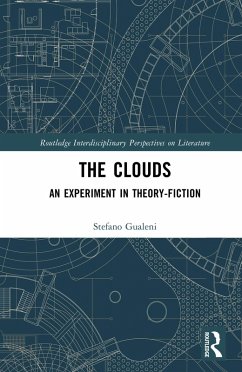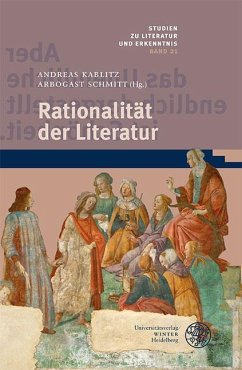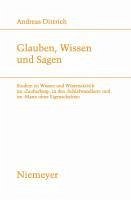
Glauben, Wissen und Sagen (eBook, PDF)
Studien zu Wissen und Wissenskritik im 'Zauberberg', in den 'Schlafwandlern' und im 'Mann ohne Eigenschaften'
Versandkostenfrei!
Sofort per Download lieferbar
144,95 €
inkl. MwSt.
Weitere Ausgaben:

PAYBACK Punkte
0 °P sammeln!
Thomas Manns Der Zauberberg, Hermann Brochs Trilogie Die Schlafwandler und Robert Musils Der Mann ohne Eigenschaften werden aus einer erkenntnisphilosophischen Perspektive beleuchtet. Diese drei Texte sind nicht nur epoche-machende Romane sondern auch "Epochenromane" in dem Sinne, dass sie wesentliche denkgeschichtliche Strömungen ihres Zeitalters aufgreifen und literarisch verarbeiten. Eines der prägnanten Kennzeichen der Epoche dieser Romane ist die später nie mehr erreichte Vielfalt an erkenntnistheoretischen Positionen. Wie sich die drei Autoren in ihrem ästhetischen Werk mit diesem Sp...
Thomas Manns Der Zauberberg, Hermann Brochs Trilogie Die Schlafwandler und Robert Musils Der Mann ohne Eigenschaften werden aus einer erkenntnisphilosophischen Perspektive beleuchtet. Diese drei Texte sind nicht nur epoche-machende Romane sondern auch "Epochenromane" in dem Sinne, dass sie wesentliche denkgeschichtliche Strömungen ihres Zeitalters aufgreifen und literarisch verarbeiten. Eines der prägnanten Kennzeichen der Epoche dieser Romane ist die später nie mehr erreichte Vielfalt an erkenntnistheoretischen Positionen. Wie sich die drei Autoren in ihrem ästhetischen Werk mit diesem Spektrum auseinandersetzen, wird in der vorliegenden Untersuchung interpretativ nachvollzogen.
Dieser Download kann aus rechtlichen Gründen nur mit Rechnungsadresse in A, B, BG, CY, CZ, D, DK, EW, E, FIN, F, GR, HR, H, IRL, I, LT, L, LR, M, NL, PL, P, R, S, SLO, SK ausgeliefert werden.




